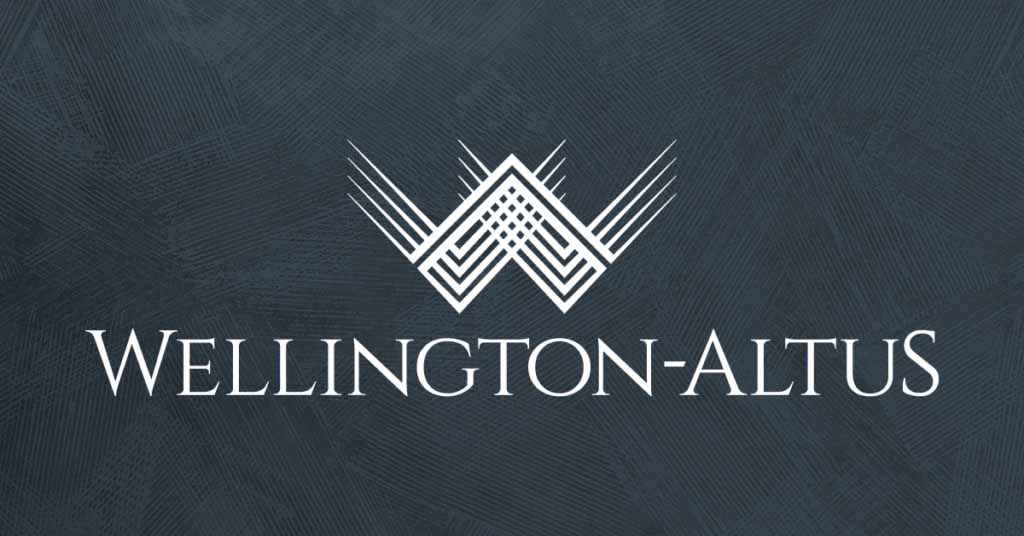2024 Wellington-Altus Corporate Tax Reference Card
LIF and RLIF Minimum & Maximum Factors Personal and Corporate Tax Integration Reference Cards 2024
Form T1135 – Foreign Income Verification Statement
2024 Canada/U.S. Cross-border Tax Reference Card Income Tax Information Slips: Important Dates Income Tax Returns: Important Dates and Deadlines

